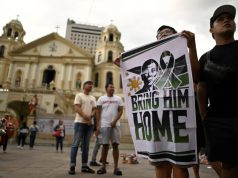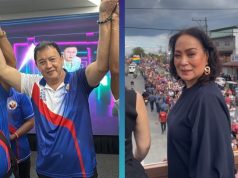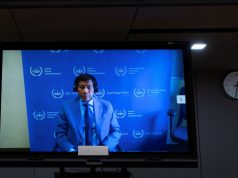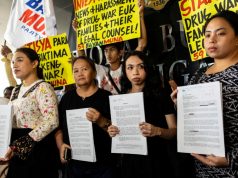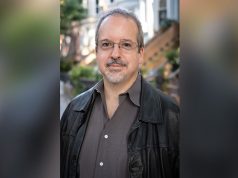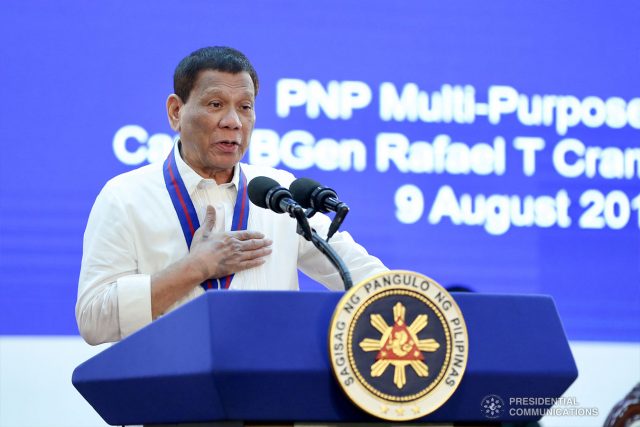
President Rodrigo Duterte on Monday lashed out at Vice President Leni Robredo for criticizing his war on drugs, and offered to put her in charge of law enforcement.
The president has a frosty relationship with opposition leader Robredo, who was elected separately from Duterte, whose drugs crackdown has killed thousands, stirring global alarm, although polls show strong domestic support for the campaign.
“I will surrender my powers to enforce the law,” Duterte said in remarks to newly-appointed government officials. “I will give it to the vice president for six months. I’ll let her carry it out, let us see what will happen. I will not interfere.”
It was not immediately clear if Duterte‘s offer was meant sarcastically, although he said he would send a letter to Robredo, a former human rights lawyer.
A spokesman for Duterte did not immediately respond to a request from Reuters asking about the legal basis for such a transfer of authority.
The comments follow Robredo’s statements in an interview with Reuters, saying that too many people had been killed in the crackdown, which had not solved the drugs problem.
The comments have outraged Duterte, his aides and supporters. Robredo also urged access for the United Nations to investigate accusations of rights abuses over the crackdown, which Duterte‘s administration has rejected as lies.
Later, Duterte told reporters Robredo could start the job anytime, perhaps as soon as Monday night.
“If she wants, I can commission her to be the drug czar,” Duterte said. “I’ll give her a clean slate, so she will know how easy it is to control drugs.”
Approached by Reuters for comment, Robredo’s office said the vice president had no statement on the matter yet.
In an interview with news channel ANC on Monday, Robredo stood by her criticism of Duterte‘s policies.
“I can’t just sit back and look the other way,” she said. “If I see something wrong, I feel it’s my obligation to verbalize what I see, no matter how few we are.”
Authorities reject activists’ allegations that drug dealers and users are being executed and say the more than 7,000 people killed by police had all resisted arrest.
Police say they have no connection to the mysterious murders of thousands more drug users.—Reporting by Karen Lema and Neil Jerome Morales; Editing by Clarence Fernandez




